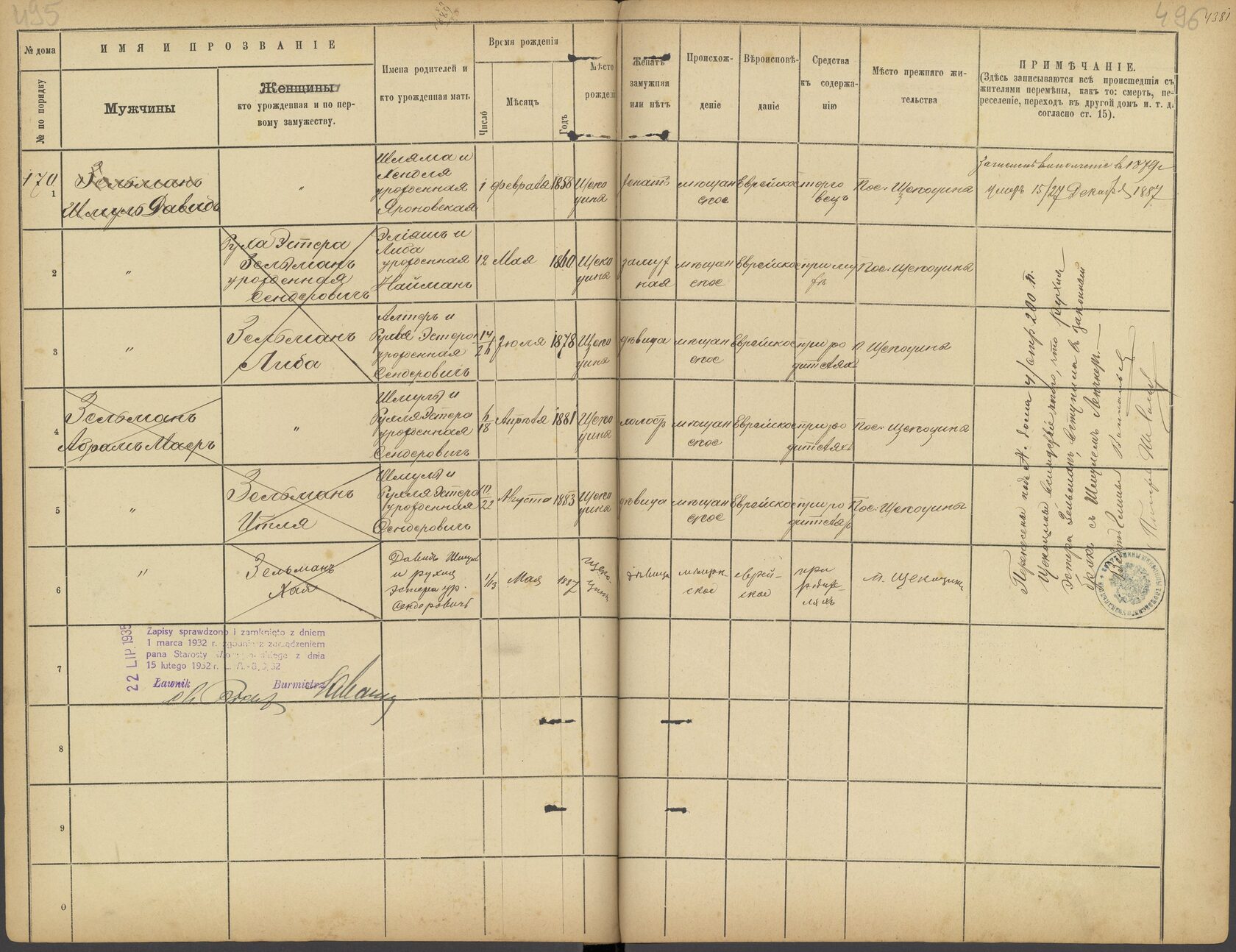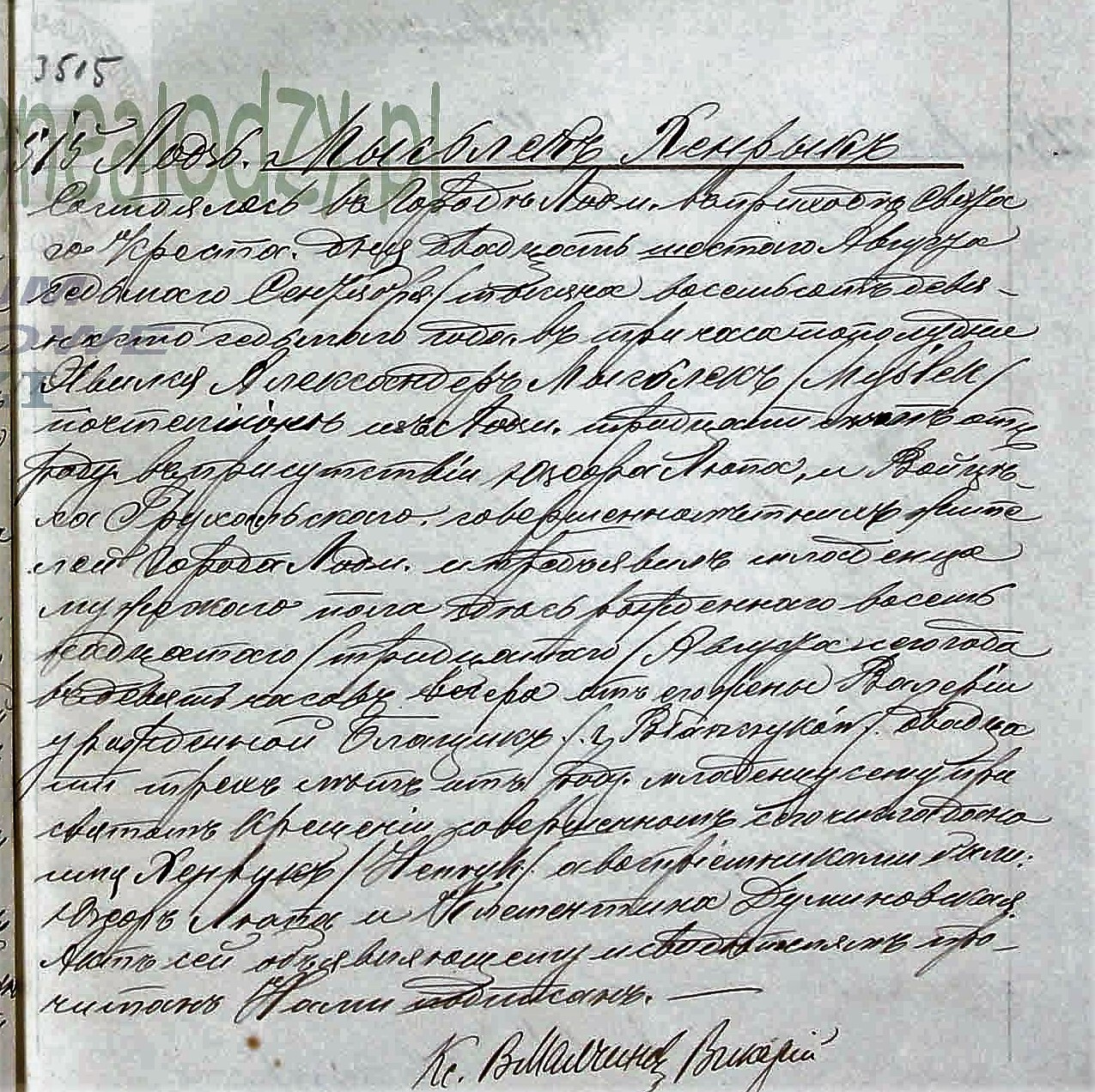Translation of Texts, Letters, Records, and Books from Old Russian to English in the UK
In the UK, the translation of texts, letters, records, and books from Old Russian to English is a specialized service that bridges the gap between centuries-old Slavic heritage and contemporary English-speaking audiences. This service is invaluable for historians, scholars, museums, libraries, and cultural institutions, enabling them to access and interpret the rich tapestry of Old Russian literature, historical documents, and cultural artifacts.
Russian translation services in the UK
Translation of texts, letters, records, and books, from Old Russian to English in the UK
Russian translation of documents in the UK
Russian certified translation of certificates in the UK
English to Russian translation of documents in the UK
Russian to English translation services in the UK
Russian to English translation of documents in the UK
Russian translation of legal documents in the UK
Russian translation of financial documents in the UK
Russian translation of contract and agreement in the UK
Russian translation services in the UK
Translation of texts, letters, records, and books, from Old Russian to English in the UK
Russian translation of documents in the UK
Russian certified translation of certificates in the UK
English to Russian translation of documents in the UK
Russian to English translation services in the UK
Russian to English translation of documents in the UK
Russian translation of legal documents in the UK
Russian translation of financial documents in the UK
Russian translation of contract and agreement in the UK

What Texts, Letters, Records, and Books in Old Russian May Need Translation to English in the UK?

Old Russian texts encompass a diverse array of materials, each holding unique historical and cultural significance. These include:
- Literary Works: Classic Old Russian literature, such as the epic poem "The Lay of Igor's Host" (Слово о полку Игореве), which narrates the story of Prince Igor of Novgorod-Seversky's failed campaign against the Polovtsians in the 12th century.
- Historical Documents: Charters, chronicles, and administrative records from the Kievan Rus' period, providing insights into the political, social, and economic life of medieval Russia.
- Religious Texts: Manuscripts of the Old Russian Bible, liturgical texts, and hagiographies, reflecting the deep religious traditions of the time.
- Personal Letters and Correspondence: Letters between nobility, merchants, and clergy, offering a glimpse into the personal lives and societal norms of the era.
- Legal Records: Judicial and legal documents, including contracts, wills, and court proceedings, which are crucial for understanding the legal framework of Old Russian society.

Why the Translation of Texts, Letters, Records, or Books in Old Russian to English is Required in the UK?

The translation of Old Russian materials to English is essential for several reasons:
- Academic Research: Scholars and historians in the UK require access to primary sources to conduct comprehensive research on Russian history, literature, and culture. Translations facilitate comparative studies and contribute to the broader field of Slavic studies.
- Cultural Preservation: Museums, libraries, and cultural institutions aim to preserve and disseminate knowledge about Old Russian heritage. Translations make these valuable resources accessible to a wider audience, fostering cultural appreciation and understanding.
- Educational Purposes: Universities and educational institutions incorporate translated texts into their curricula to provide students with a holistic understanding of Russian history and literature.
- Public Engagement: Public institutions, such as national libraries and museums, use translations to engage the public in exhibitions, lectures, and educational programs, enhancing cultural awareness and appreciation.
Who May Need the Translation of Texts, Letters, Records, or Books in Old Russian to English in the UK?

The demand for Old Russian to English translations spans across various sectors:
- Academic Institutions: Universities, research centers, and scholarly associations require translations for academic research, publications, and teaching materials.
- Cultural and Heritage Organizations: Museums, libraries, and archives commission translations to enrich their collections and engage the public in cultural heritage projects.
- Publishers: Academic and commercial publishers seek translations to publish scholarly editions, anthologies, and popular history books.
- Government Agencies: Cultural departments and diplomatic missions may require translations to support cultural exchange programs and international collaborations.
- Private Collectors and Researchers: Individuals with a keen interest in Old Russian history and literature may commission translations for personal research and collection enhancement.
Who is Authorized to Translate the Texts, Letters, Records, or Books in Old Russian to English in the UK?
Translating Old Russian texts is a highly specialized task that requires expertise in both Old Russian language and English. Authorized translators typically possess the following qualifications:
- Linguistic Proficiency: Fluent in both Old Russian and modern English, with a deep understanding of the grammatical structures, vocabulary, and idioms of both languages.
- Historical and Cultural Knowledge: A solid background in Russian history, literature, and culture, enabling them to accurately interpret and contextualize the texts.
- Professional Certification: Often certified by professional bodies such as the Chartered Institute of Linguists, ensuring adherence to high standards of translation practice.
- Academic Credentials: Advanced degrees in Slavic studies, linguistics, history, or related fields, providing a robust foundation for scholarly translation work.
The Process of Translating Old Russian Texts to English
The translation process for Old Russian texts is meticulous and involves several stages:
- Text Analysis: The translator thoroughly analyzes the text to understand its historical context, literary style, and thematic content.
- Lexical Research: Extensive research is conducted to identify and understand archaic and specialized vocabulary, ensuring accurate translation.
- Translation: The translator renders the text into English, maintaining the original meaning, tone, and style while adapting it to the contemporary English reader.
- Editing and Proofreading: The translated text undergoes rigorous editing and proofreading to ensure linguistic accuracy, coherence, and readability.
- Cultural Adaptation: The translator may provide annotations, footnotes, and introductions to help the reader understand historical references, cultural nuances, and literary allusions.
The Impact of Translating Old Russian Texts to English in the UK
The translation of Old Russian texts to English has far-reaching impacts on the UK's academic, cultural, and intellectual landscape:
- Enhanced Scholarly Research: Translations provide scholars with access to primary sources, enabling groundbreaking research and contributing to the advancement of Slavic studies.
- Cultural Exchange: By making Old Russian texts accessible to English-speaking audiences, translations foster cultural exchange and mutual understanding between the UK and Russia.
- Educational Enrichment: Translations enrich educational curricula, providing students with a deeper appreciation of Russian history, literature, and culture.
- Public Engagement: Translations engage the public in cultural heritage projects, fostering a broader appreciation of Old Russian heritage and its global significance.
The service of translating texts, letters, records, and books from Old Russian to English in the UK is a vital endeavor that bridges the gap between ancient Slavic heritage and contemporary English-speaking audiences. By making Old Russian texts accessible and comprehensible, translations enrich academic research, cultural preservation, and public engagement, fostering a deeper understanding and appreciation of Russia's rich historical and literary legacy. Authorized translators, with their specialized linguistic and scholarly expertise, play a crucial role in this process, ensuring that the translated texts are both linguistically accurate and contextually faithful. As the UK continues to value and celebrate diverse cultural heritages, the translation of Old Russian texts remains an indispensable service, contributing to the global dialogue on history, literature, and culture.













